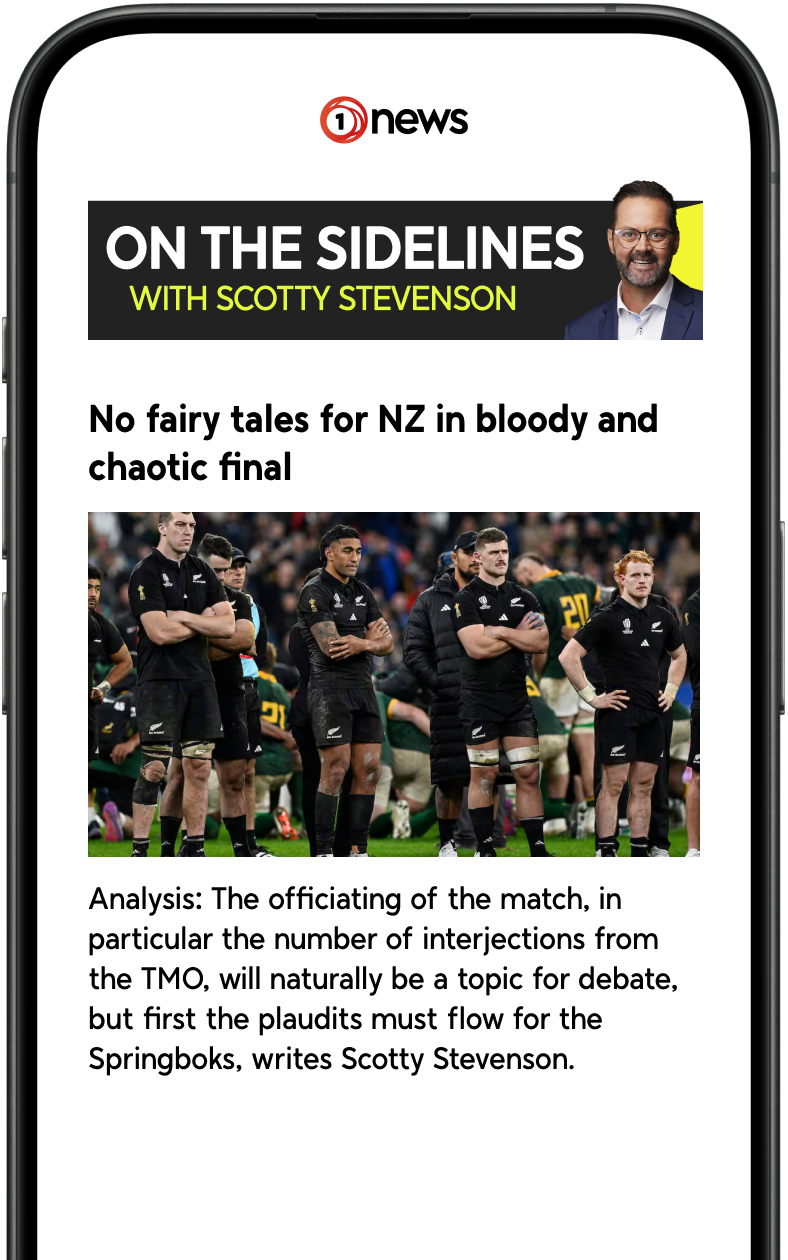Kiwis great Olsen Filipaina says the huge Pacific representation in the NRL is a “dream come true”, but he continues to be frustrated at the inability of the Warriors to give home grown talent opportunities.
The 63-year-old, whose life and career has been chronicled in the book, The Life and Times of Olsen Filipaina - Pacific Revolution Pioneer, found the process of speaking to author Patrick Skene quite cathartic.
The Kiwis great confronted racism and prejudice alone in Sydney without family when he moved to Sydney in 1980 to play with the Tigers in the then-NSWRL Premiership.
“It’s something I’m not used to because I handled most of it myself because I had no family, all my family was in New Zealand, I was by myself over here,” Filipaina, who still does the same rubbish collection run in north-west Sydney, said.
“I couldn’t talk to anyone, I couldn’t express myself.
“You know in a normal family, you have a bad day, you go home and you talk about it and it’s all good, I didn’t have that, I couldn’t express what was happening or how I felt.”
Filipaina, who had a Samoan father and Māori mother, played 103 Sydney first grade games for the Balmain Tigers, the Roosters and North Sydney Bears over eight seasons from 1980.
He played 28 Tests for the Kiwis, famously being plucked out of reserve grade to inspire victories over the Kangaroos in 1983 and 1985.
The centre, or five eighth, also earned a reputation for getting the better of Wally Lewis when lining up opposite the Australian champion in Test matches.
Filipaina was reluctant to be regarded as Pacific trailblazer, given players of Pacific Island descent now make up around half of the NRL’s playing stocks.
“I don’t think of myself as that (a trailblazer), a lot of people have said that, especially Patrick, ‘cause there were players before me, a lot of them didn’t make the headlines I did when I played good games,” he said.
“I always looked forward to that more of us would come over and eventually get the money that these players over here are getting, the Australian players, now that it’s happened I couldn’t be any happier, to me it was a dream that I always thought about.
“With the football, the amount of players that are back home in New Zealand and the Polynesians that love this physical contact game, they’re going to make a killing if they came over.
“To me it’s a dream come true because they’re getting really good money and not getting ripped off like I was back then.”
Despite the Pacific influx into NRL in the last 30 years, the Warriors’ inability to develop a squad of home-grown players frustrated Filipaina.
As did players like Sio Siua Taukeiaho and Charnze Nicoll-Klokstad, who have gone on to achieve NRL stardom after leaving the NZ club.
“We’ve got the best players in New Zealand and yet we’re wasting money on, when the Warriors first started it was on Pommies, now we’re wasting money on players no NRL clubs want to sign but the Warriors sign for $1 million plus, that’s where the money should be spent,” he said.
“We’ve been in the competition long enough now to use our own players, how else are they going to learn if you don’t give them a go?
“The example is the All Blacks, how many players from overseas play for the All Blacks? None, they’re all home talent. We should be by now somewhere near that stage with the Warriors.
“They’ve got scouts and camps for juniors, I don’t know what they’re doing with the juniors back there, all that home talent should be used in the Warriors.”
Filipaina said his former Kiwis coach Graham Lowe told him a few years ago that 800 players from New Zealand went overseas that year, with 90 per cent of them going to Australia.
“Why is that happening? It’s ridiculous, sounds to me that scouts aren’t doing their jobs, they’re not picking them.
“It gets me, I don’t know how they get under the radar and they come over here [in Australia] and they’re superstars.
“To me, [club bosses] are still not doing their jobs, we’re still buying, well as far as I’m concerned wasting money on Australian players, when we got talent back home.
“They must be getting through the cracks somewhere because too many of our top players ending up over here instead of playing for the Warriors.”
As noted in the book, Filipaina grew up playing in the Auckland competition where players earned a share of the gate – meaning they had to put on a show to bring fans through the turnstiles.
Adapting to the more cutthroat Winfield Cup was often a challenge for New Zealand players, with former Kiwis and Tigers halfback Gary ‘Whiz’ Freeman recalling in the book being hooked by then Tigers coach Warren Ryan after trying a chip kick in his own half during his first season with Balmain.
Something Freeman would have tried without consequence playing in Auckland with the Northcote Tigers.
“In the 85 series [for the Kiwis against the Kangaroos] I did that chip kick and even when I was playing with the Tigers and other clubs, I played on instinct, when it didn’t come off, I didn’t worry about it but I got told about it from the coach,” Filipaina said.
“That’s when it started, [being told] you’ve got to stop doing this, it was something I wasn’t used to because I played on instinct and played what was in front of me.”
For the benefits of playing on instinct, coaches only needed to look at the modern-day Kiwis champions, who Filipaina enjoyed watching,
“To me it’s all about the Kiwi players that have played, the Ruben Wikis, what a bloke, Shaun Johnson, Stacey Jones, Nigel (Vagana), to me every Kiwi player or every Polynesian player who has played in the past in the competition and is playing now, they’re the ones that I follow,” he said.
“If you watch Shun Johnson or Benji Marshall, you sort of know when they’re not playing their normal game to what you’re used to seeing, week-in week-out, you think I hope the coaches haven’t said anything to them.
“Benji Marshall is the classic example, coaches have had very little to say to Benji, because Benji is Benji and he goes out and does what he does and it shows on the football field, explains why he’s been so successful and why he’s still playing good football now.
“Because he plays how he’s always played since he was a kid, that’s a big bonus for him, a lot of coaches know that and very few would have said much to him, even now, during his career.”
*The Life and Times of Olsen Filipaina - Pacific Revolution Pioneer is on sale at Whitcoulls stores.





















SHARE ME